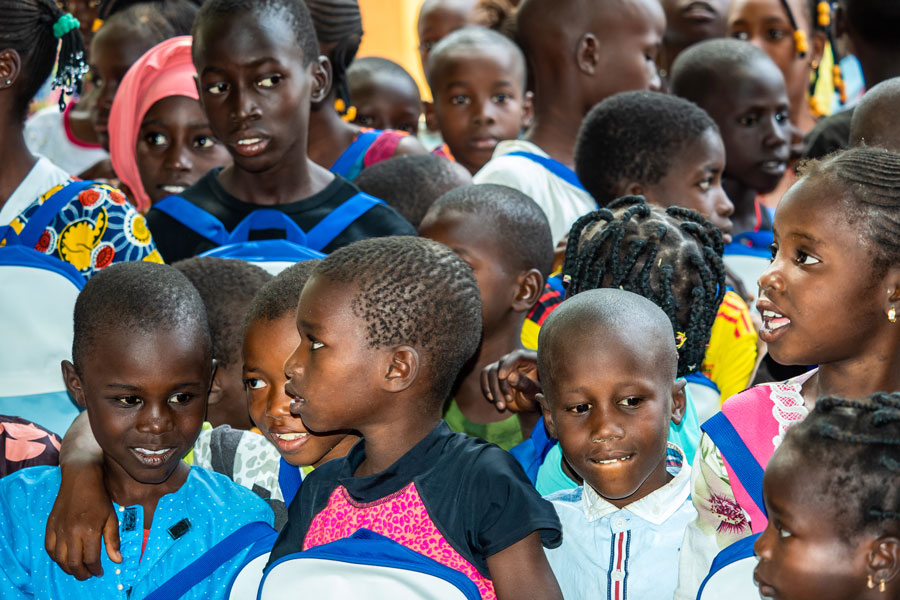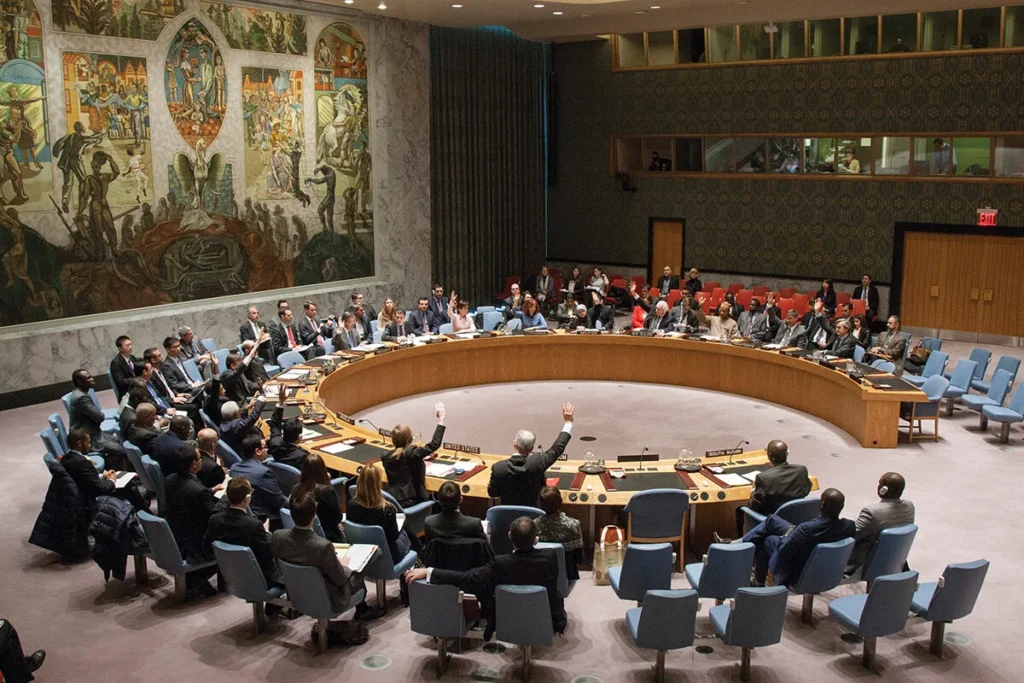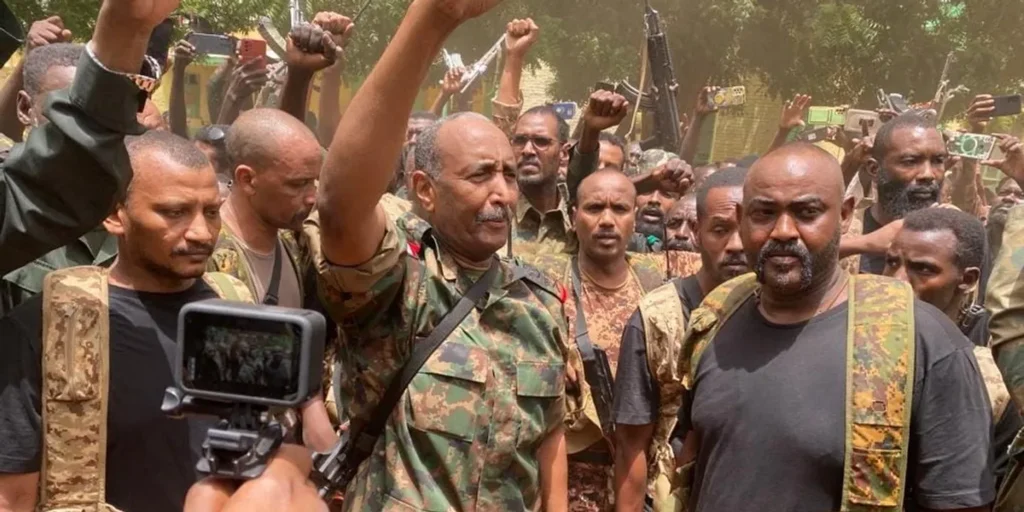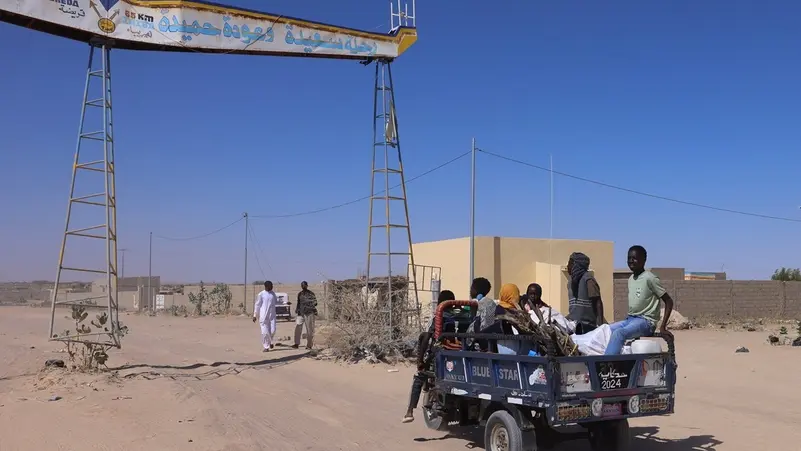
UNICEF has issued a stark warning, stating that approximately 700,000 children in Sudan are at risk of experiencing the most severe form of malnutrition in the coming year, a condition that could prove fatal for tens of thousands among them.
The prolonged 10-month conflict in Sudan, pitting the national armed forces against the Rapid Support Forces (RSF), has caused extensive damage to the country’s infrastructure. The situation has not only led to famine concerns but has also resulted in the displacement of millions, both within and beyond Sudan’s borders.
James Elder, the spokesperson for UNICEF, conveyed the grim reality during a press conference in Geneva, emphasizing that the repercussions of the past 300 days have placed over 700,000 children at risk of the deadliest form of malnutrition.
He specifically identified severe acute malnutrition, making afflicted children 10 times more susceptible to diseases like cholera and malaria. Elder disclosed that UNICEF’s ability to aid more than 300,000 of these children hinges on improved access and additional support, without which a significant number could face a tragic fate.
In an effort to address the crisis, UNICEF provides “ready-to-use therapeutic food” (RUTF), a crucial nutritional intervention for severe wasting in children under five years old.
The organization is seeking $840 million to assist over 7.5 million children in Sudan this year. However, Elder lamented the insufficient funds gathered in response to previous appeals, underscoring the urgent need for increased support.
Highlighting the broader humanitarian challenges, the United Nations urged nations to remember the civilians caught in the crossfire of Sudan’s war.
A funding appeal of $4.1 billion was made to address the humanitarian needs of those affected by the conflict and to support those who have sought refuge in neighboring countries.
With half of Sudan’s population, approximately 25 million people, requiring humanitarian assistance and protection, and over 1.5 million individuals seeking refuge in the Central African Republic, Chad, Egypt, Ethiopia, and South Sudan, the situation remains dire, demanding global attention and assistance.




